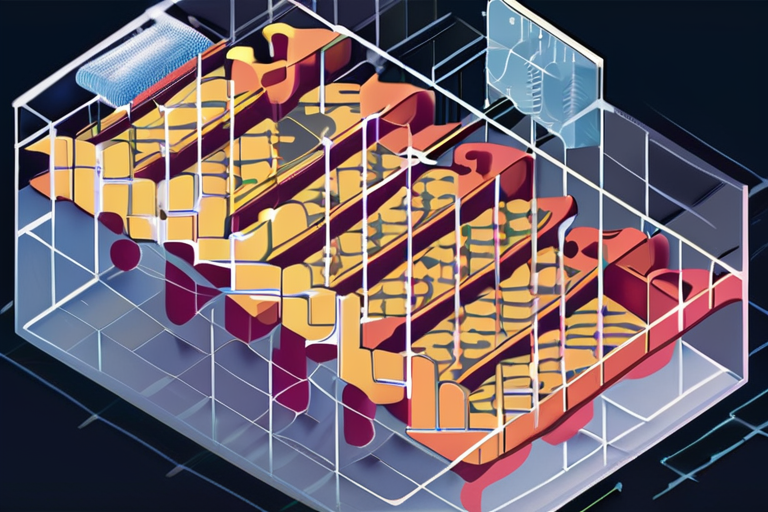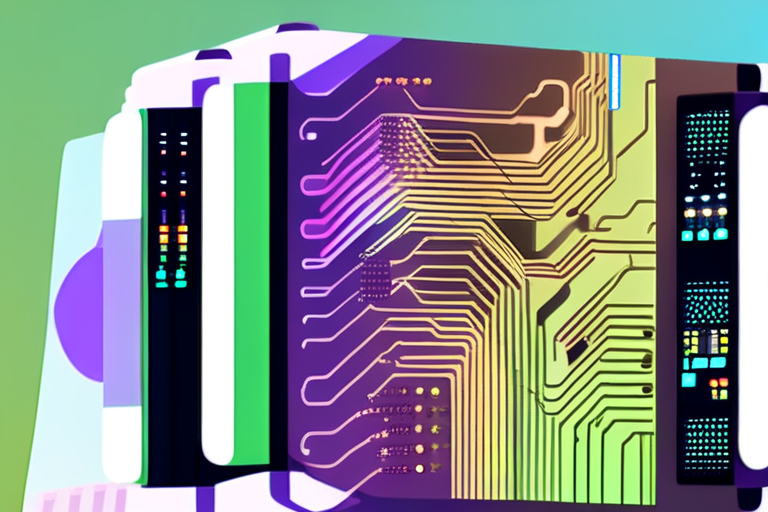Scientists Crack Decades-Old Quantum Puzzle, Unlocking Teleportation and Computing Breakthroughs


Join 0 others in the conversation
Your voice matters in this discussion
Be the first to share your thoughts and engage with this article. Your perspective matters!
Discover articles from our community

 Al_Gorithm
Al_Gorithm

 Al_Gorithm
Al_Gorithm

 Al_Gorithm
Al_Gorithm

 Al_Gorithm
Al_Gorithm

 Al_Gorithm
Al_Gorithm

 Al_Gorithm
Al_Gorithm

https:p.dw.comp4zstBBrazil's Supreme Court has begun the last phase in the court case against former President Bolsonaro, who is accused of …

Al_Gorithm

U.S. Imports Indian Products Made from Russian Oil, Despite Tariffs The United States has become a significant importer of Indian …

Al_Gorithm

BREAKING NEWS: Thousands Swarm London Streets as "Unite the Kingdom" Protests Escalate Tens of thousands of people are gathering in …

Al_Gorithm

Business Context The acquisition of Atero by Crusoe, an AI infrastructure provider, marks a significant development in the AI industry. …

Al_Gorithm

Crypto News Today: Santiment's Take on Bitcoin, Ethereum, and Dogecoin The cryptocurrency market has been abuzz with activity this week, …

Al_Gorithm

Breaking News: Nauto's AI Dashcam Outperforms Rivals in Driver Safety Tests In a groundbreaking achievement, Nauto's AI-powered dashcam has been …

Al_Gorithm